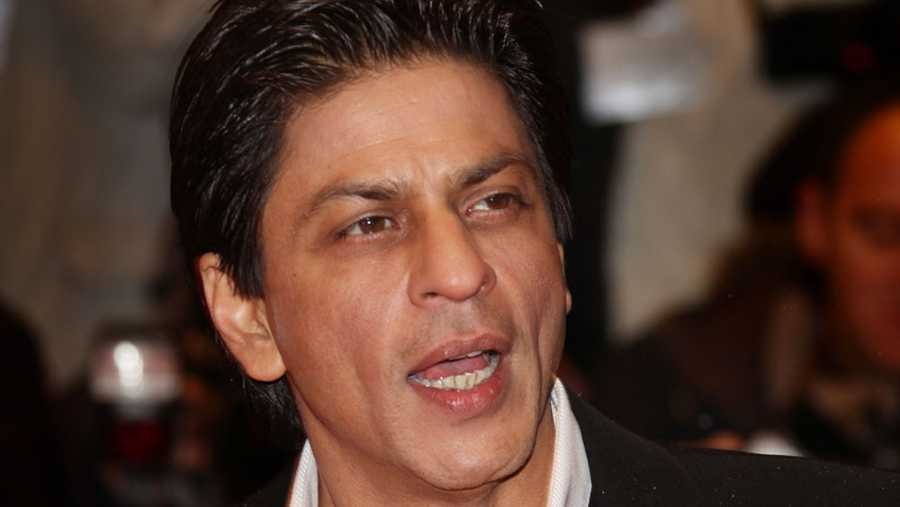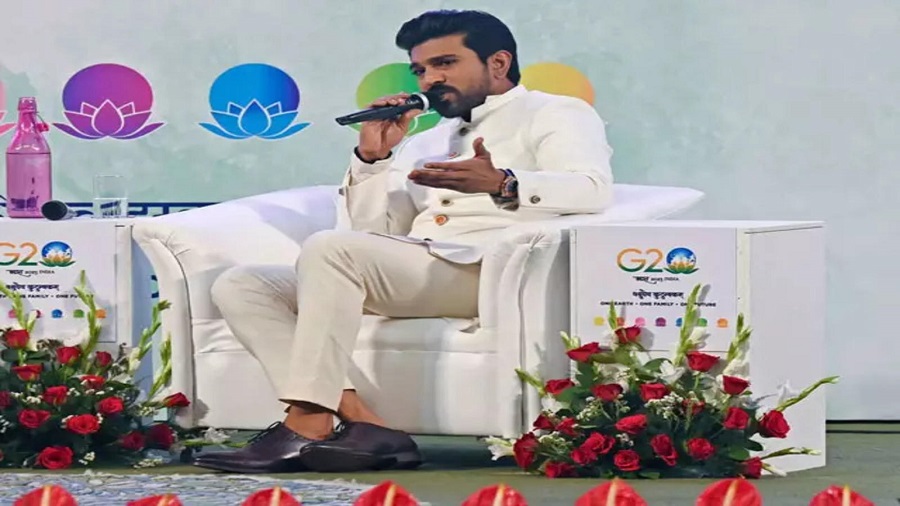KOCHI:
One of the final films starred in by Om Puri will make its Kerala premiere at the ongoing third edition of the Kochi-Muziris Biennale (KMB) on Tuesday. The feature, A Million Rivers, will be screened in tribute to the cinema icon, who died last month.
The 2016 film will be shown in a special package, titled ‘Cinema from the Sub-continent’, on Tuesday (Feb 7) at the Pavilion, Cabral Yard, at 6.30 pm. The package, conceptualised by the Kochi Biennale Foundatio n, will be screened intermittently throughout the Biennale as part of the Foundation’s ‘Artists’ Cinema’ programme.
n, will be screened intermittently throughout the Biennale as part of the Foundation’s ‘Artists’ Cinema’ programme.
It casts Puri and actor-theatre personality Lillete Dubey as a married couple whose relationship looks to be falling apart. Puri’s character is confronted with his mortality – and, in this state of mind, chooses not to return to his wife, drifting instead into a kind of fantasy land.
“Om Puri seemed to work intuitively without labouring over the back story as a way to define the persona. His scenes are at times absurd, dark, thoughtful, and mostly fluctuating between that dream versus reality space as his character starts to split apart mentally and emotionally,” said director Sarah Singh, whose 2007 documentary on Partition, The Sky Below, was widely acclaimed. A Million Rivers is her debut feature.
Noting that she “never really had to direct him”, Singh said, “Mr. Puri seemed to enjoy doing the improv scenes. He didn’t really read the script, and would ask for a bit of scene description right before we would film
a scene. When he had heard enough, he would raise his hand, gesturing ‘Okay, I understand’. In the very first take, his body language and eyes portrayed everything I was asking for and much more. I just had to create a kind of environment that suggested a certain psychological space.”
The short feature – shot in stark black and white – explores universal themes such as violence, both self-inflicted and over one’s environment; aggression; crises of identity; fragmentation; female empowerment; communication breakdown; memory as elliptical reality and unrequited love, as seen through multiple points of view.
“These themes are components of major historical events and certainly they were realities that were central to the time around Partition. So, thematically there is an exploration of certain universal human experiences that are abstracted and represented indirectly through surrealism and metaphor in the film,” Singh said.
Dubey’s character is the epitome of a strong woman who is in control of her life. “She embodies in real life exactly the character I wanted to portray on screen: a self-assured working woman who commands whatever situation she is in with an uncommon vibrancy. She was so generous in playing the character with a variety of levels of drama, which worked well for me because some scenes required more theatricality while other moments needed intense, but nearly invisible expressions and reactions,” Singh said.
This was partly because Puri and Dubey’s characters don’t once share the frame in the nearly hour-long film. Rather, Singh explores the dynamic between the dying, wayward husband and a mysterious female character who only periodically appears on screen.
“After a glimpse in the beginning of the film, she reappears much later in a fantasy scene with Mr Puri’s character. The dynamic between these two could be explained in many different ways, and perhaps is one of the pivotal moments of the film,” Singh said.




